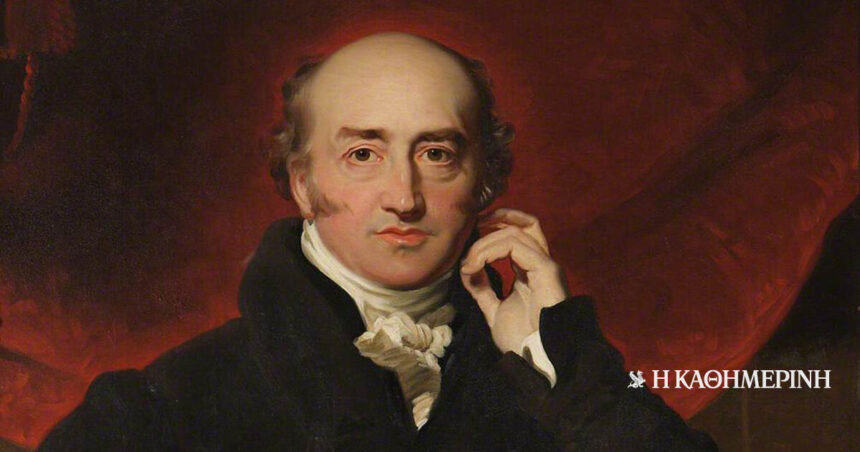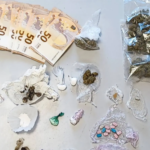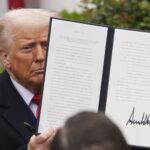THE George CanningBorn on April 11, 1770, he studied in Oxford and soon after graduating decided to pursue a political career. Since July 1792 it has been influenced by Prime Minister William Pitt. Following his election to the municipality of Newout, Eile off White, the following year was quickly recognized as one of the rising political figures.
In 1799, she was appointed Commissioner of the Audit Council for her government India and in 1804 he assumed the responsibility of the Navy Fund. The most important position, however, would occupy it after Pete’s death. In the government that was formed in March 1807, at the invitation of the king, Kanning took over the Foreign Ministry. But the conditions were difficult, both because of the Napoleonic wars and because of the balances that had to be held within the government. Thus, Canning led to resignation.
Lord Liverpool, who took over the prime minister in 1812, persistently tried to persuade him to return to the Foreign Ministry, but he remained stable in his decision to stay out of government. He returned to the cabinet as Chairman of the Control Council only in 1817 but again for a short period of time, as three years later, in December 1820, he resigned, condemning the government’s efforts to deprive the queen of George II, Carolina.
Kanning acknowledged the independence of the revolutionary Spanish -American colonies, calling on the New World “to repair the balance of the old”.
However, his political career did not end there. Finally, with Prime Minister Lord Liverpool, was re -placed at the Ministry of Foreign Affairs as well as in the leadership of the House of Commons. George Kanning was now the most important member of the government. Disagreeing with the important dominant rulers who wished to suppress liberal movements in Europe, withdrew the England In 1823 by the Sacred Alliance and prevented France from intervening on the side of Ferdinand III when he tried to subdue the uprisings to Spain’s colonies in South America. Canning acknowledged the independence of the rebellious Spanish -American colonies, calling the New World “to exist to make up for the balance of the old” He also sent an army to Portugal to face the threat of attack by Spain and at the same time supported the Greeks diplomatically in their revolution against the Ottomans, contributing to the establishment of the independent modern Greek state.
Lord Liverpool’s prime minister expired in February 1827. Although he had long shown Canning as his successor, it was not obvious that this would be the king’s choice. Although he had earned a good impression thanks to his foreign policy, remained an important advocate of Roman Catholic emancipation˙ Something in which George II did not agree, as he was convinced that the monarchy was linked to the established Church and the resistance to universal claims. Any objections that were beaten and on April 10 was given the relevant authorization provided that the King’s bill in favor of the Catholics were not going to be imposed on the king. However, half of the cabinet refused to remain in his position with Prime Minister Cunning, resulting in more than 40 Toris ministers resigning. At his side were Wigs and most of the independent members of Parliament.
Eventually, only four months remained in the prime ministerial post, as his health was significantly shaken. He left his last breath, in August 1827.
Column: Myrto Katsigera, Vassilis Minakakis, Antigoni-Despina Poumenidou, Athanasios Syroplakis








